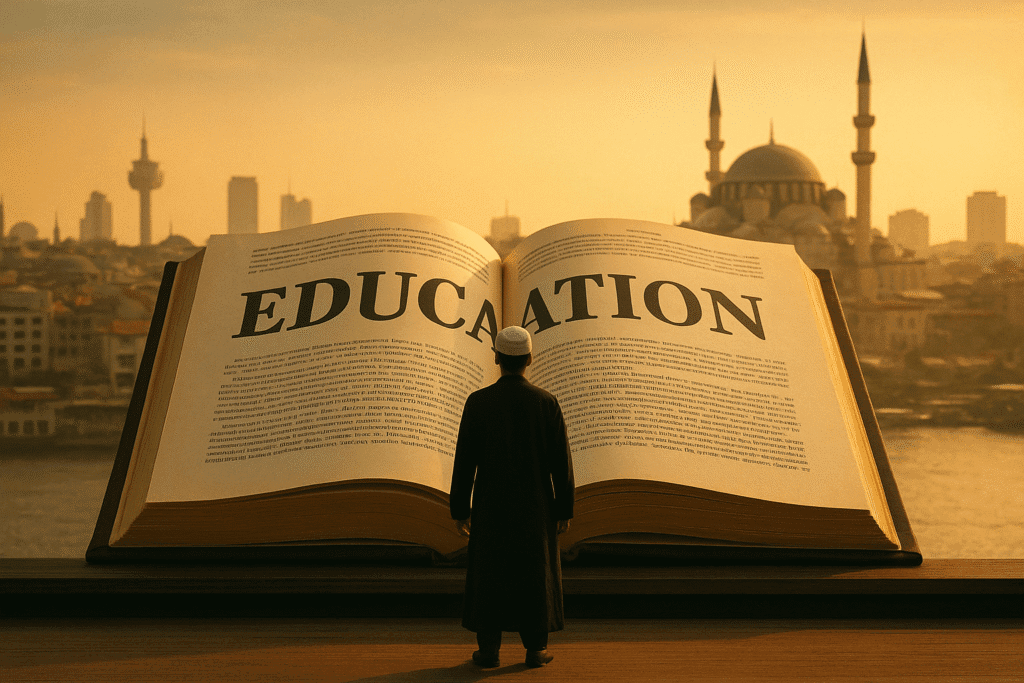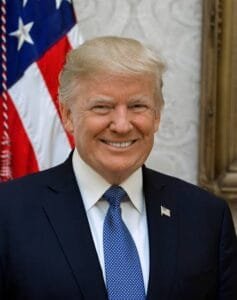The Muslim World’s Greatest Untapped Power: Education, Not Oil

For decades, policymakers, journalists, and international analysts have searched for explanations behind the stagnation in various parts of the Muslim world. Some argue that politics is to blame. Others cite authoritarianism, conflict, foreign interference, or corruption. Yet beneath all these theories lies a single, undeniable truth: there is absolutely nothing wrong with the Muslim world that education cannot fix. The evidence is painfully simple. Across almost fifty Muslim-majority nations, not a single university ranks at a standard comparable to the global Ivy League institutions that shape the modern world. This absence is not the result of intellectual inferiority. Rather, it reflects an infrastructure that has never been built to convert human potential into global leadership.
History reminds us that nations rise not through natural resources or military investment, but through classrooms, laboratories, and research institutions. Japan rebuilt itself from ashes after World War II by prioritizing education. South Korea transformed from a poverty-stricken state into a technological giant through academic investment and teacher development. Singapore, once dismissed as too small to matter, became a global model for governance and innovation because it chose to educate its people before anything else. These examples reveal what the Muslim world has yet to embrace: real power is measured not in barrels of oil, but in the minds of its citizens.

The Muslim world is not poor. It is underdeveloped. It holds enormous wealth—strategic land, natural resources, young populations, and rich cultural traditions—yet these assets rarely translate into world-class innovation. Skyscrapers rise more quickly than laboratories. Palaces are funded while research centers remain absent. Brilliant Muslim students leave their home countries to study abroad, only to work and innovate elsewhere. A nation cannot expect to lead the future while renting its intellectual capital from the West.
Without quality education, the cost is immense. Unemployment grows, dependency deepens, brain drain becomes chronic, and political manipulation thrives. Societies without knowledge remain vulnerable to extremism, propaganda, and economic instability. Yet the alternative is not only possible—it is urgent. Imagine a future in which Doha, Istanbul, Kuala Lumpur, Cairo, and Abuja rival Cambridge, MIT, Stanford, and Oxford. Imagine Nobel-level research, medical breakthroughs, technological industries, and a culture of scientific excellence driven from Mecca to Morocco. That transformation would not require miracles—only leadership, investment, and a decision to value human capital over political spectacle.
The path forward requires a courageous shift in priorities. Elite universities must be built with true academic freedom. Teachers must be trained, respected, and paid as the architects of national destiny. Girls and women must be educated fully, because no nation rises when half its mind is silent. Governments must treat research not as a luxury, but as national security. In truth, a smarter Muslim world benefits everyone—not just Muslims. Knowledge strengthens diplomacy, reduces conflict, builds stable democracies, and inspires economic independence.
Ultimately, the fate of the Muslim world will be decided not in parliaments or palaces, but in classrooms and laboratories. The future does not ask how wealthy a nation is; it asks how educated its people are. There is nothing wrong with the Muslim world that education cannot fix. The talent is already there. All that remains is the will.














